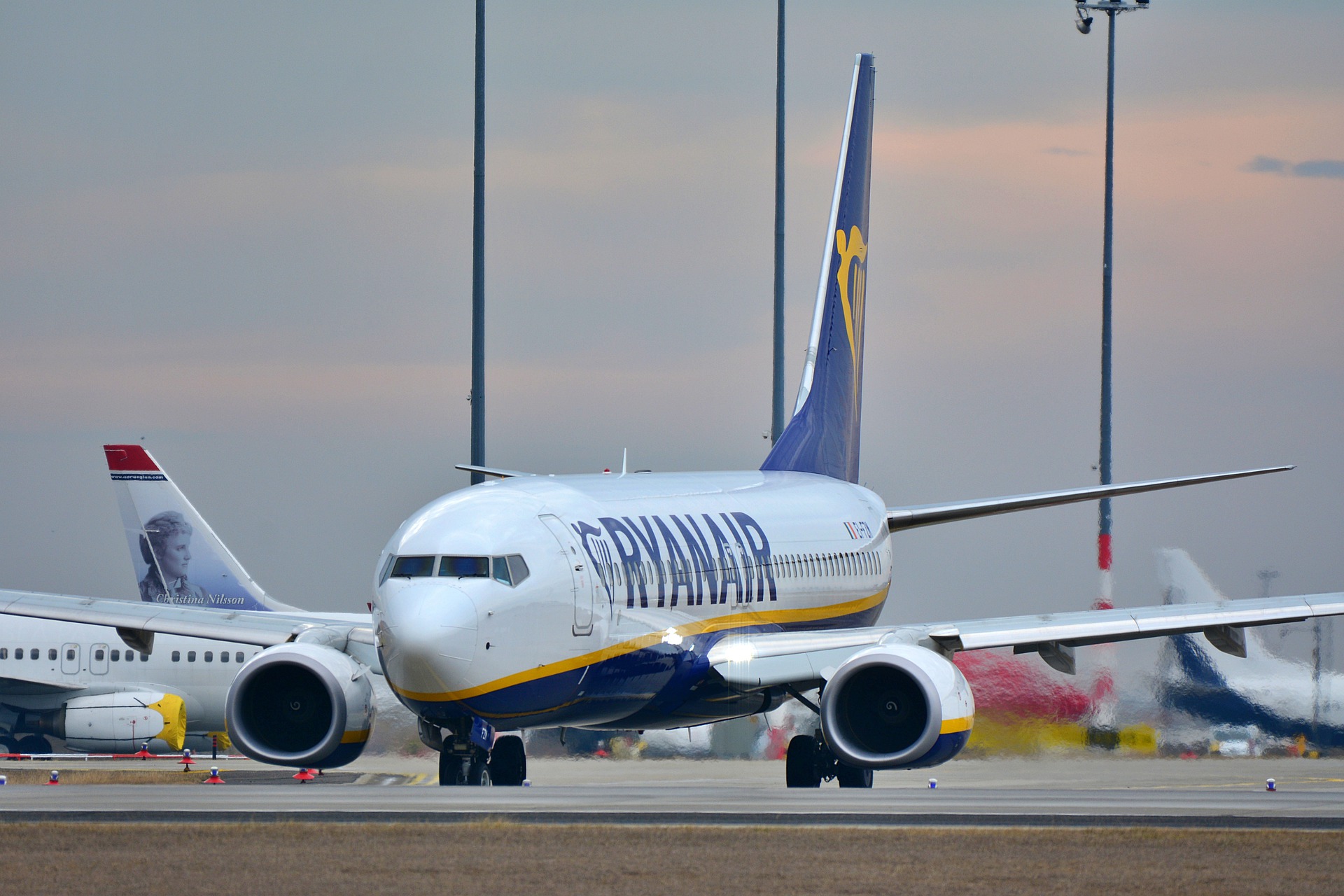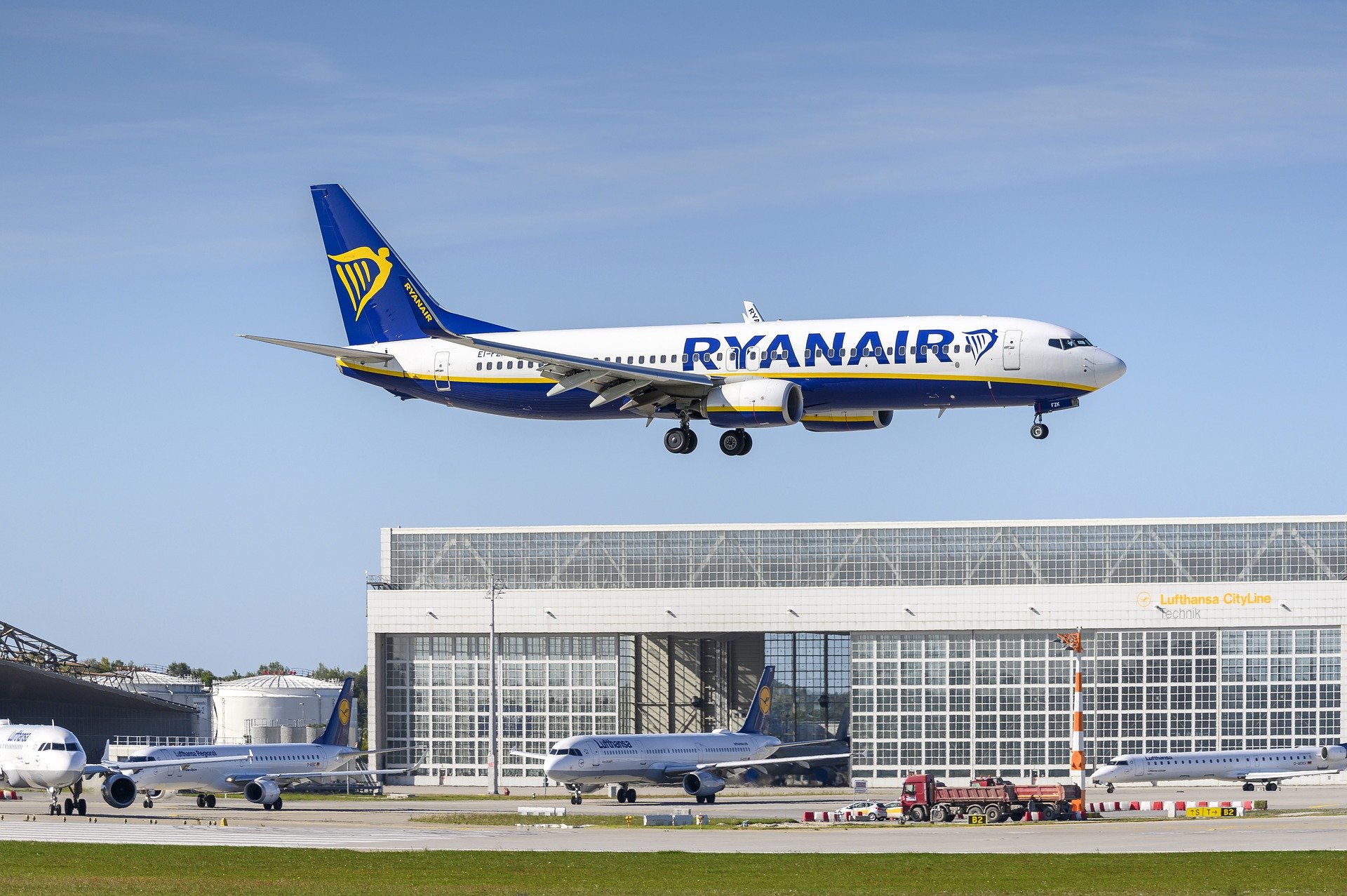
Budget airline Ryanair is pushing on the Hungarian government’s “extra profits” tax to passengers, charging 3900 forints (~EUR 10), even on bookings made before the tax was imposed, the company announced on Thursday.
According to the e-mail notice sent to passengers, those who do not wish to accept this tax can cancel their booking until June 16th and will receive a full refund. Otherwise, the amount will automatically be charged to their debit cards.
The Hungarian government decided on June 4th to introduce windfall taxes on banks and large private companies to rebalance the budget using the revenues. According to the official justification, certain multinationals would be obliged to pay “a large part of their excess profits” made in the past to help finance the government’s public utility cut program and development projects for the military.
The government also promised to keep a close eye on whether companies affected by the extra profit tax are passing on the burden to consumers and to take swift and tough action if this happens.
Ryanair, however, did not seem to be concerned about this, as on Wednesday, the company deemed the new tax on airlines “beyond stupid” and called on the government to repeal it.
Ryanair, Hungary’s largest airline, has just announced losses, yet the gov’t is proposing a tax on ’extra profits,’ which are nonexistent due to Covid and the Russian invasion of Ukraine,”
the company argued in a statement.
Related article
Ryanair Calls Hungarian Windfall Taxes ‘Unjustified’ and ‘Ill-Advised'
"This unjustified tax on the airline sector (which has been heavily loss-making for the last two years) will be damaging for Hungarian tourism and the economy, which is dependent on air carriers to provide connectivity, tourism, and jobs," Ryanair said.Continue reading
Both the government’s and Ryanair’s decision will come into effect from July 1st. However, the fee charged by the company does not apply to tickets purchased from July 1st, but to tickets to be used from July 1st. The issue is also interesting from a consumer protection point of view, as the company does not oblige its passengers to pay for the extra cost, and if someone is not willing, they can cancel their booking and get their money back. Even though it is not really an option for most travelers.
Government condemns Ryanair’s ‘unfair ticket pricing’
Following Ryanair’s move, the government did not stay idle for long. Minister for economic development, Márton Nagy, quickly announced that his ministry is launching an investigation.
The Hungarian government has decided to tax extra profits in certain areas of the economy to protect families, and airline companies are affected by the measure, the ministry said in a statement released on Friday.
The government has made it clear to all affected parties that it will monitor market trends and make every effort to prevent companies from transferring the extra burdens to consumers.
The government considers Ryanair’s decision to transfer the extra tax to travelers unacceptable and resolutely rejects it,”
the ministry said. “It is especially preposterous that Ryanair has introduced this practice for tickets previously sold,” it added.
Nagy has ordered a consumer protection review asking government bodies with consumer protection powers to assess unfair practices and prevent them if possible, the statement continued.
The minister has proposed that the authority also assess whether Ryanair’s ticket pricing is in line with all European standards and expectations, especially in view of special taxes on airlines having been in force in several other European countries for some time, it added.
Following this, the Budapest municipal government office also launched an immediate consumer protection probe against Ryanair. The office is investigating whether the company is involved in unfair trade practices or violating consumer protection regulations.
Featured photo illustration via Pixabay

